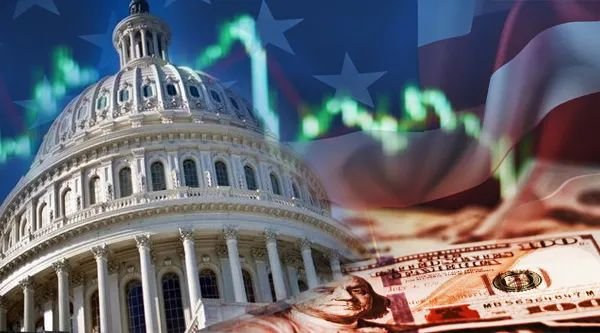
The Fed raises interest rates, the probability of the US stock market falling is high, and the probability of rising is small. Judging from the past trend, when the Fed raises interest rates, A-shares mostly fall. For example, when U.S. interest rates were raised, regulators announced that they would relax real estate policies and reduce transfer fees. At this time, the stock market did not fall but rose.
Raising interest rates means raising interest on deposits and loans.
First: after raising the deposit interest, residents are more willing to deposit their funds in the risk-free market, so the funds will be withdrawn from the stock market, so the stock market will fall.
Second: Raising the loan interest means that the cost of the loan is increased, and it is difficult for the enterprise to obtain financing, so there is no excess capital to invest, so the stock price falls.
Finally, raising interest rates is generally to curb inflation. The currency in circulation decreases after interest rate hikes, and the stock market is in a relationship with increasing volume and price. If there is no incremental capital, the stock market will fall.